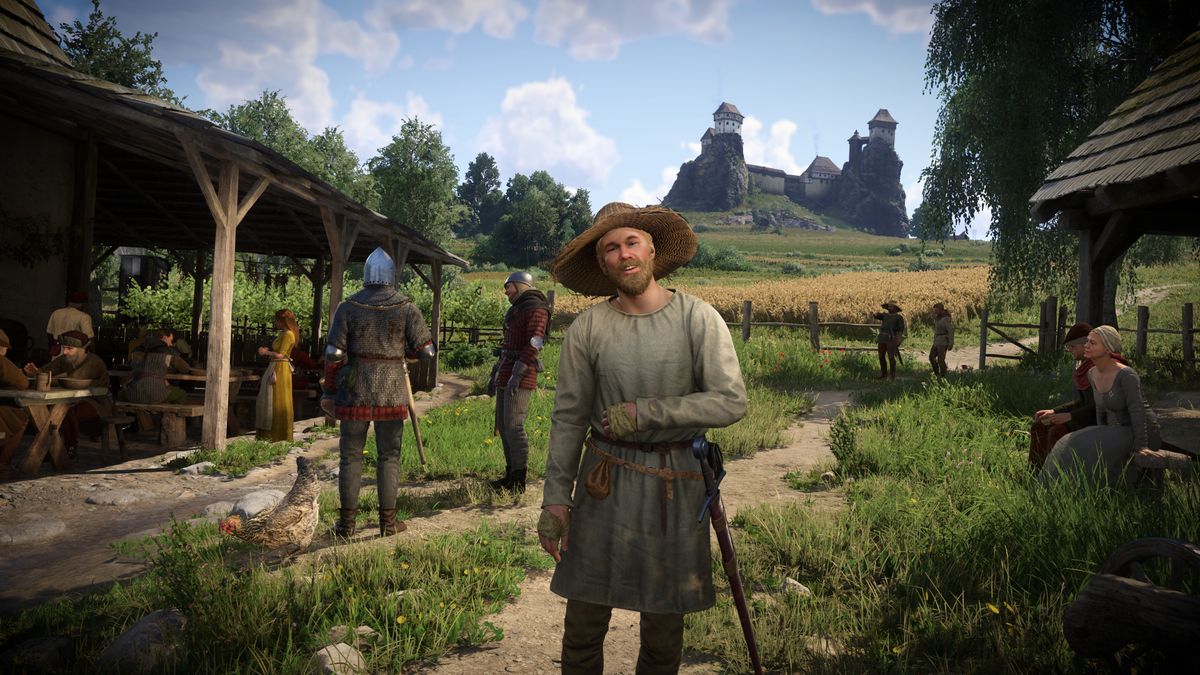
The medieval RPG is much more focused on historical battles involving trebuchets and swords than on current societal issues.
“History rhymes. It’s not repeating itself. It rhymes.”
— Tobias Stolz-Zwilling, global PR manager
Tobias Stolz-Zwilling reflects on how once again, the developers at Warhorse Studios of Kingdom Come: Deliverance 2 are finding themselves entangled in the ongoing culture war.
Back in 2017, the first release of Kingdom Come: Deliverance faced criticism over its lack of diversity. This led to debates about the historical representation of medieval Europe. Despite its reception as a well-crafted game, this battle over its portrayal generated significant backlash.
Stolz-Zwilling states, “It seems like someone is always trying to brand us somehow, and we are just trying to make a cool videogame.” He asserts that there is no political agenda tied to character inclusion, arguing that they are merely seeking to reflect historical accuracy in a richer context, including optional stories that allow for varied ethnicities and perspectives.
“There’s more ethnicities in Kuttenberg because Kuttenberg is the royal mint,” says Ondřej Bittner, senior game designer, emphasizing the importance of expanding character backgrounds in the sequel. As players navigate Bohemia, they will encounter a wider array of characters, each reflecting intricate narratives shaped by their unique histories.
Despite the ongoing uproar from certain segments of the community, Stolz-Zwilling expresses a hope that Warhorse can continue making games without being tethered to larger cultural conflicts.
